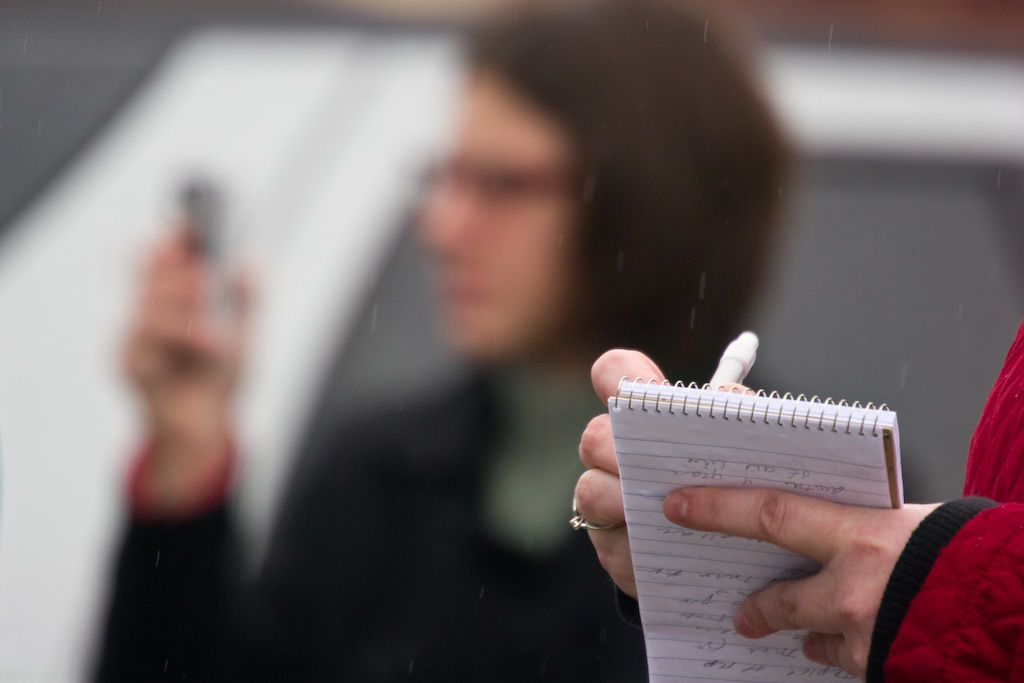Participation in Iraqi census ‘a national duty’, says Card. Sako
The population survey, a crucial appointment to establish relations between the different communities, is scheduled for today and tomorrow. It had not been held since 1997 because of the wars. In launching the appeal, the cardinal recalls the hundreds of thousands of Iraqis ‘who live in neighbouring countries’ and that ‘diversity is a strength’. Fears among the Kurds of a ‘politicisation’ of the process.
Baghdad (AsiaNews) - ‘As the date of the general census of the population of Iraq approaches, after an interruption that has lasted 27 years, and given its importance’ Card. Louis Raphael Sako ‘invites Christians to actively participate in this very important national duty’. This is what the cardinal wrote in a message published on the Chaldean Patriarchate's website, in anticipation of a long-awaited event that will take place over two days full of meaning. Precisely for this reason, the message from the country's highest ecclesiastical authority continues, urging people to ‘collaborate with the team in charge of carrying out this population survey’.
The national census scheduled for today and tomorrow, a crucial step for the future of the nation, was called last September by Iraqi Prime Minister Mohammed Shia Al-Sudani, in the context of a two-day curfew to ensure the regularity of operations. Previously, the last survey had been held in 1997 and had covered 15 provinces of the country, excluding the three in the north that made up the autonomous region of Kurdistan, where there is still no shortage of critical elements and controversy.
‘We had hoped,’ Card. Sako - that this census would include thousands of Iraqis living in neighbouring countries, including 100,000 Christians, and add a paragraph on national affiliation’. ‘Diversity,’ he notes, “is a strength, not a difference”. This is why the cardinal concludes by saying that he ‘looks forward to the accuracy, honesty and integrity of the team responsible for the survey and the citizens in providing correct information’.
In the past, the population count was normally carried out every 10 years, but since 1997 a new count has been postponed several times, particularly in 2010 when preparations seemed to be underway, due to wars, internal conflicts, jihadist violence and the struggle for control of territories.
The census, in a nation with such fragile balances as Iraq, is a complex and delicate exercise, on the outcome of which the distribution of power may depend. Indeed, it indirectly determines sectarian and ethnic quotas based on population distribution. Moreover, it plays a significant role in the ongoing conflict between the federal government and the Kurdistan Regional Government (KRG) over demographic affiliations in disputed regions such as oil-rich Kirkuk.
And it is precisely from the Kurdish front in the north that concerned appeals and calls are coming in these hours for fear of a ‘politicisation’ of the process, with the aim of influencing the face of the region. Dara Rashid, Kurdistan's Minister of Planning, warns of the danger of a distortion of quotas and representation in Parliament, also because the outcome of the census is linked to the share reserved in the federal budget and the number of representatives in Baghdad. Various local parties have invited Kurds outside Iraq to return to their original towns and villages and participate in the survey, especially in the disputed areas, with the aim of presenting a clear picture of the Kurdish presence and guaranteeing their rights. And there was no shortage of requests for postponement, such as that of Fahmi Burhan, head of the Authority, who justified the call with the failure to resolve the issue of the disputed areas between Erbil and Baghdad, covered by Article 140 of the Constitution. Questions, however, rejected to the sender by the government and Prime Minister Al-Sudani.
The regional authorities do not hesitate in many cases to accuse the Iraqi federal government of working to Arabise the Kurdish regions, led by the Governorate of Kirkuk, the most important disputed region of all, given the oil wealth of its territory. According to the allegations, the ruling parties in Baghdad are also working to limit the conquests of the Kurdistan region and drag it under the authority of the central government.
The population census in Iraq has a more sensitive and complex character than in other countries of the world, as it is not only related to economic, development, service and welfare data of the society, but also to the political system based on quotas between sects and ethnicities. In an attempt to address Kurdish concerns, earlier this month Baghdad approved the Kurdistan Regional Government's (KGR) request to conduct the census according to the place of origin of residents instead of their current place of residence.
Also linked to the census is the issue of Iraqis in the diaspora, those who have fled abroad in recent decades because of the violence or to find new opportunities. A significant element for the different components of the nation, but also and above all for the often persecuted Christian minority. An element raised by a Christian commenting on the appeal of Card. Sako on the page of the Chaldean Patriarchate: ‘The Iraqi government,’ writes Raymond George, ‘should have included in this census millions of Iraqis outside Iraq, scattered all over the world. This census is distorted and suspect because it also includes a substantial increase of foreigners, introduced by the various governments after 2003', the date of the US invasion that led to the ousting of Saddam Hussein.







.png)










